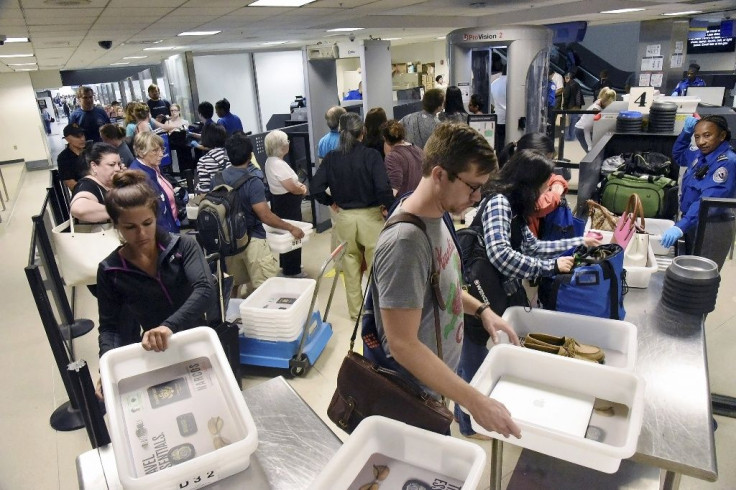Americans Under Attack? State Department Upgrades Travel Advisory For Global Terrorism

The State Department has upgraded its global terrorism advisory for U.S. citizens in other countries warning them to exercise caution in public places. The advisory has urged Americans to stay vigilant in Africa, Asia, Europe, the Middle East and in the western hemisphere.
This is first such global terrorism warning since Donald Trump assumed office in January as the U.S. president. The warning stated that terrorists "are increasingly using less sophisticated methods of attack to more effectively target crowds," including with edged weapons, pistols and vehicles.
“As terrorist attacks, political upheaval, and violence often take place without any warning, U.S. citizens are strongly encouraged to maintain a high level of vigilance and take appropriate steps to increase their security awareness when traveling. … U.S. government facilities worldwide remain at a heightened state of alert. These facilities may temporarily close or periodically suspend public services to assess their security posture,” according to the advisory.
“Terrorist groups including Islamic State group [ISIS], al Qaeda, their associates, and those inspired by such organizations, are intent on attacking U.S. citizens wherever they are. Extremists may use conventional or non-conventional weapons to target U.S. government and private interests. … In multiple regions, terrorists, guerrilla groups, and criminals seek to kidnap U.S. citizens to finance their operations or for political purposes,” the warning stated.
This also comes after Trump revised a temporary ban on immigration from six Muslim-majority countries — Iran, Libya, Somalia, Sudan, Syria and Yemen (the original ban also included Iraq). The move aimed at curbing terrorism threat in the U.S. However, the ban attracted wide criticism for the president.
Trump administration has maintained it would develop extreme vetting procedures to protect U.S. from terrorism. However, before being admitted to the country, immigrants currently have to undergo a two-year process including interviews, fingerprinting, background checks and vetting through a network from which the State Department shares information with different nations.
© Copyright IBTimes 2025. All rights reserved.






















